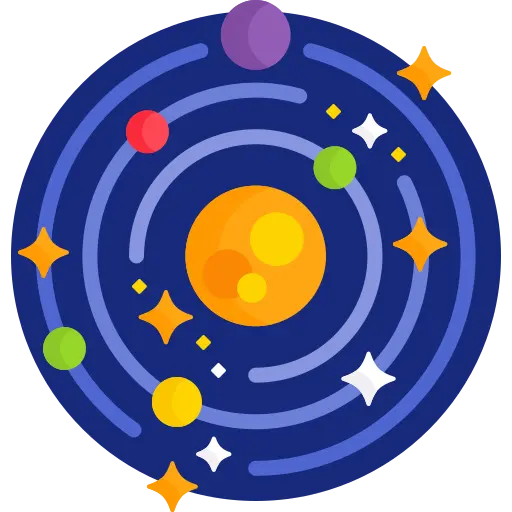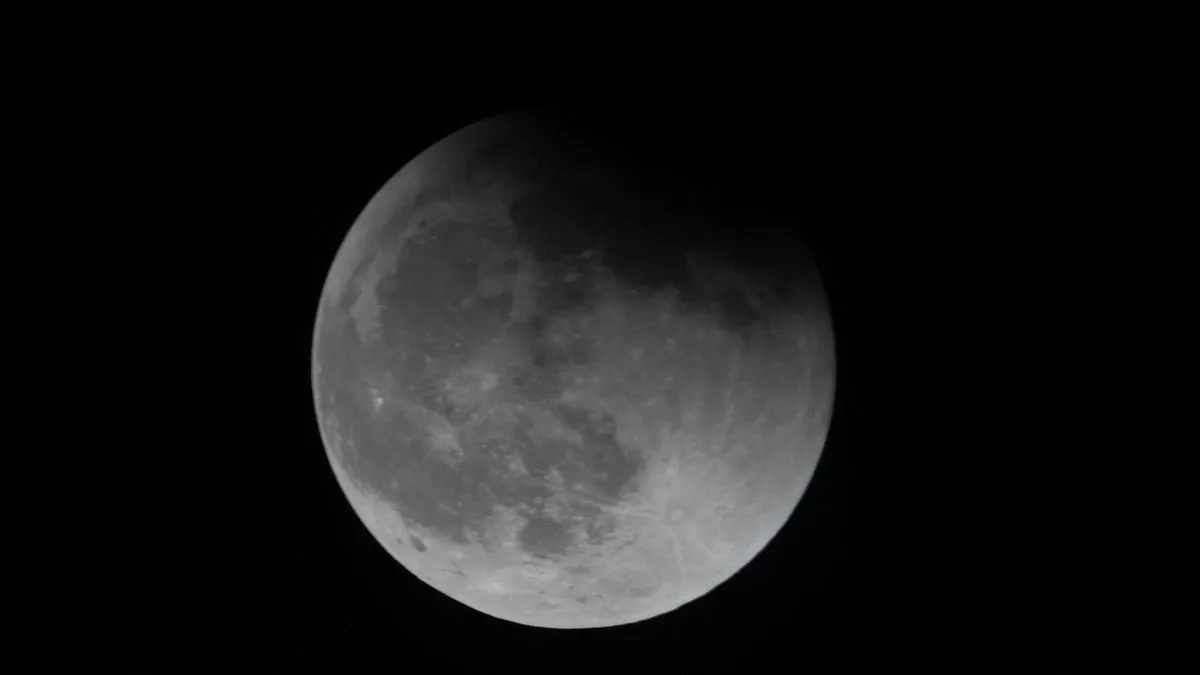“Whether or not the moon is a planet actually depends on who you ask,” Skylar Grayson, an astronomer at Arizona State University, told Live Science. The 2006 IAU definition “draws a fairly arbitrary line between planets and dwarf planets that (in)famously led to the demotion of Pluto,” she added. “Some planetary scientists thus elect to consider different definitions of planets, some of which include Pluto and the other dwarf planets, and others that even include the moon.”



Reference frame matters. Looking at it from the perspectibe of the Sun, the Moon orbits the Sum directly. It never exhibits any kind of retrograde movement , and merely experences minor deviations due to the Earth, just as the Earth’s orbit experiences deviations due to the Moon.
The distinction here is incredibly arbitrary, and the incredibly knee-jerk reactions to the question point to an unwillingness to actually consider the question out of emotionally charged, and rigid geocentric thinking.
i agree it’s arbitrary, that’s why i don’t see the need to complicate it any further. the moon is a moon because it’s a moon.